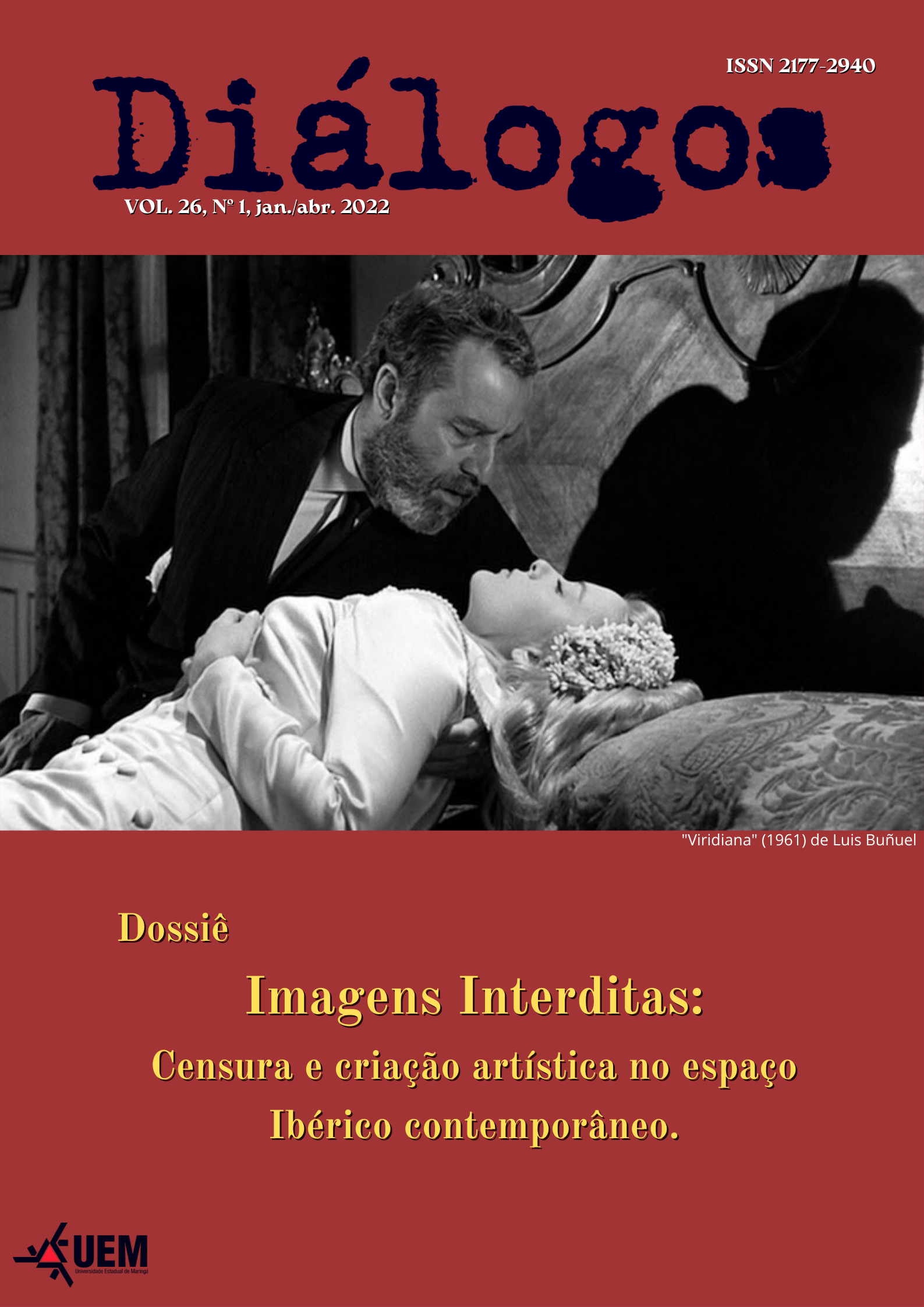Margin in a way : the case of Catembe censorship.
Abstract
Through the analysis of the censorship of Catembe, I intend to show how the Portuguese dictatorship sought to fully control the cinematographic projection of colonialism, considered, after the beginning of the colonial war in 1961, a mainstay of the regime and an essential condition of Portugal and of an idea about the “Portuguese way of being in the world”. I contextualize the emergence of censorship after the May Revolution of 1926, characterizing its application to cinema and particularizing how it was instrumentalized by the “Politics of the Spirit”. I then identify the main guidelines on the basis of which the censors exercised their function and describe the importance of cinema to project the nation and an idea of Portugueseness that established that it was their purpose to possess colonies as a historical right. Finally, I summarize the changes in the colonial model before going deeper into the case study under analysis.
Downloads
References
ALMEIDA, Manuel Faria de. O Caso Catembe (ou as peripécias porque passou o único filme de fundo português que fez uma interpretação crítica à vida no Ultramar – 1964/5). In: Para um dossier do cinema português, arquivo do autor, s/d.
ANTÓNIO, Lauro. Cinema e censura em Portugal. Lisboa: Museu República e Resistência, 2001.
COSTA, João Bénard da. Histórias do cinema. Lisboa: INCM, 1991.
FERRO, António. Salazar, o homem e a sua obra. Empresa Nacional de Publicidade, 1933.
FREYRE, Gilberto. O mundo que o português criou – aspectos das relações sociais e
de cultura do Brasil com Portugal e as colónias portuguesas. Lisboa: Livros do Brasil, s.d.
GEADA, Eduardo. O imperialismo e o fascismo no cinema. Lisboa: Moraes Editores, 1977.
MATOS-CRUZ, José de. O cais do olhar. Lisboa: Cinemateca Portuguesa, (1999).
PIÇARRA, Maria do Carmo. Azuis ultramarinos. Propaganda e censura no cinema do Estado Novo. Lisboa: Edições 70, 2015.
PINA, Luís de. Panorama do Cinema Português. Das origens à actualidade. Lisboa: Terra Livre, 1978.
PINA Luís de. “O cinema português não pode desconhecer o Ultramar”. Filme, 21, 1960.
SALAZAR, António de Oliveira. Discursos e notas políticas. Vols. I, II, III e IV. Coimbra, 1959.
TORGAL, Luís Reis (coord.). O cinema sob o olhar de Salazar. Lisboa: Temas e Debates, 2001.
Copyright (c) 2022 Diálogos

This work is licensed under a Creative Commons Attribution-NonCommercial 4.0 International License.
DECLARAÇÃO DE ORIGINALIDADE E CESSÃO DE DIREITOS AUTORAIS
Declaro que o presente artigo é original, não tendo sido submetido à publicação em qualquer outro periódico nacional ou internacional, quer seja em parte ou em sua totalidade. Declaro, ainda, que uma vez publicado na revista DIÁLOGOS, editada pela Universidade Estadual de Maringá, o mesmo jamais será submetido por mim ou por qualquer um dos demais co-autores a qualquer outro periódico. Através deste instrumento, em meu nome e em nome dos demais co-autores, porventura existentes, cedo os direitos autorais do referido artigo à Universidade Estadual de Maringá e declaro estar ciente de que a não observância deste compromisso submeterá o infrator a sanções e penas previstas na Lei de Proteção de Direitos Autorias (N. 9609, de 19/02/98).
STATEMENT OF ORIGINALITY AND COPYRIGHT CESSION
I declare that the present article is original, has not been submitted for publishing on any other national or international journal, neither partly nor fully. I further declare that, once published on DIÁLOGOS journal, edited by the State University of Maringá, it will never be submitted by me or by any of the other co-authors to another journal. By means of this instrument, on my behalf and on behalf of the other co-authors, if any, I waive the copyright of said article to the State University of Maringá and declare that I am aware that non-compliance with this commitment will subject the violator to sanctions and penalties set forth in the Copyright Protection Law (No 9609, of 19/02/98).




















